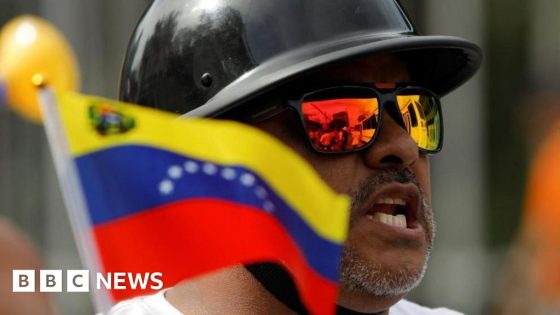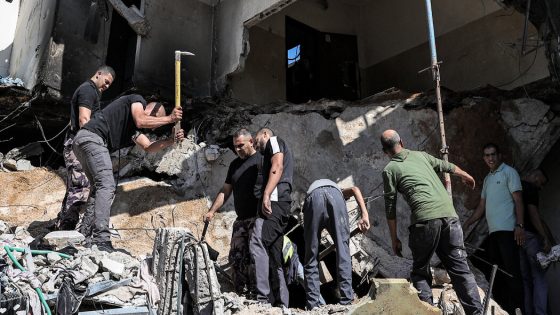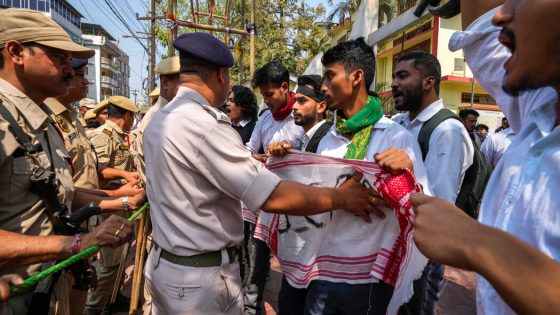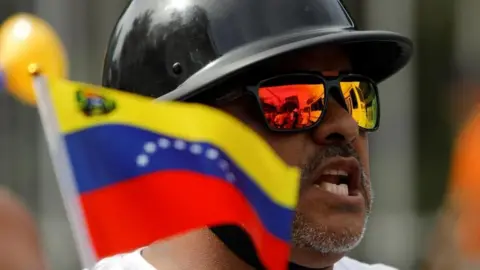 Reuters
ReutersVenezuelans are going to the polls on Sunday in what has been described as the biggest challenge to the governing socialist PSUV party since it came to power 25 years ago.
Nicolás Maduro – who has been president since the death of his mentor, Hugo Chávez, in 2013 – will be running for a third consecutive term.
His main challenger is Edmundo González, a former diplomat who has the backing of a coalition of opposition parties.
Polls suggest Mr González has a wide lead over the incumbent, but as Mr Maduro’s 2018 re-election was widely dismissed as neither free nor fair, there are fears that the result of this election could be tampered with, should it not go Mr Maduro’s way.
Those fears have been compounded by the fact that Mr Maduro has told his supporters that he would win “by hook or by crook”.
Moreover, there is only a very limited number of election observers in the country to monitor the poll – four from the United Nations and a small technical team from the Carter Center.
An invitation to European Union observers to be present was revoked by the head of the electoral authority, who is a close ally of President Maduro.
The ex-President of Argentina, Alberto Fernández, was also uninvited after he said that the Maduro government should accept a possible defeat at the polls.
Observers from Brazil cancelled their attendance after Mr Maduro criticised them.
In order to make up for the lack of international observers, the opposition has mobilised thousands of people to act as witnesses at individual ballot stations.
Despite the many hurdles the opposition has faced – including constant harassment and the arrest of more than 100 of people linked to its campaign since the start of the year – it has been sounding an optimistic note.
It argues that the opinion polls have given its candidate such a big lead over President Maduro that it will not be possible for him to “steal the election”.
The government has dismissed the opinion polls quoted by the opposition, maintaining it is their candidate who is in the lead.
Mr Maduro himself has resorted to stark language in the run-up to the polls, warning of a “bloodbath” should he be defeated.
That statement earned him a rare rebuke from Brazil’s left-wing leader Luiz Inácio Lula da Silva, who said that Mr Maduro should learn “that if you win, you stay in power, but if you lose, you go”.
Mr Maduro has used the image of a fighting cockerel as a symbol for his campaign and has struck a combative note.
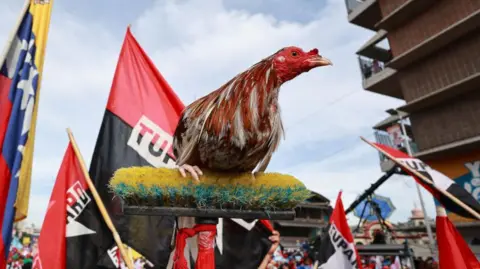 Getty Images
Getty Images“We have triumphed over a thousand storms. They could not defeat us, nor will they ever be able to,” he said at his closing rally in a reference to some of the challenges he has seen off in his 11 years in power.
Following his re-election in 2018, which was widely dismissed as neither free not fair, he thwarted an attempt by opposition leader Juan Guaidó to depose him by declaring himself the rightful president.
While Mr Guaidó was backed by more than 50 countries, including the US and the EU, Mr Maduro could count on the loyalty of Venezuelan security forces.
In the end, Mr Guaidó’s parallel government withered, with Mr Maduro using it to portray himself as the “defender of Venezuelan sovereignty”, a point he drove home at his closing rally.
“On Sunday, we will prove it to the fascists, to imperialism. We will shout, ‘Long live Venezuela, my beloved homeland,'” he said.
But despite this fighting talk, many Maduro critics feel that this election – the first in over a decade in which most of the opposition has united behind one candidate and is not boycotting the poll – could be their best shot at removing him from office.
They have overcome many hurdles on the way to the polls, not least the fact that their chosen candidate, María Corina Machado, was banned from running for office.
Those who want to see a change of government have united behind her replacement, 74-year-old Edmundo González, in record time.
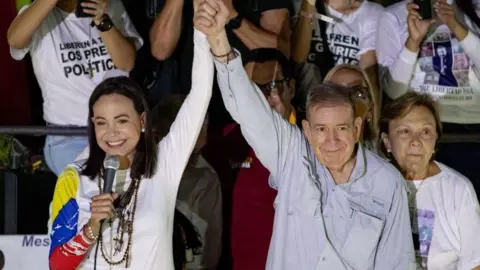 EPA
EPAOne of the promises the opposition has made is that if it wins, it will turn the country around, so that millions of Venezuelans who have fled the political and economic crisis it has suffered under the Maduro Administration can return.
The emigration of 7.8 million Venezuelans, and the fact that polls suggest this exodus could increase should Mr Maduro win, means that this election will be closely watched in the US and Latin American countries to which Venezuelans have fled en masse.
Cuba, China, Iran and Russia – all of them close allies of the Maduro Administration – will also be keeping a close watch, as a win for Mr González would most probably see a realignment of Venezuela away from them and towards the US.
Mr González also told a rally of tens of thousands of people it was “time to re-establish democracy” – a reference to the fact that in its 25 years in power, the governing PSUV party has gained control not just of the executive, but also of the legislative arm and to a large extent, the judiciary.
Most worrying for the opposition is that the CNE, the body which organises election and announces their result, is stacked with government loyalists.
Voting is electronic and the result is expected to be announced by the CNE on the same night, perhaps as early as 20:00 local time (01:00 BST Monday).
Whoever wins is due to be sworn into office on 10 January 2025.
Source Agencies

